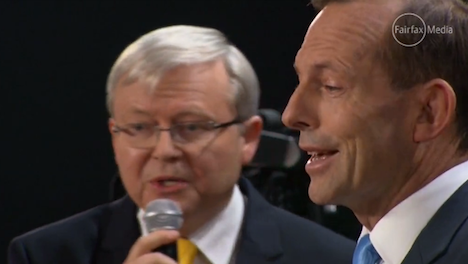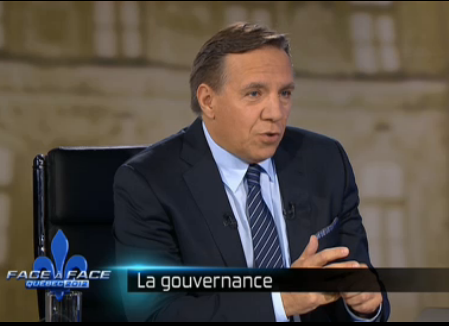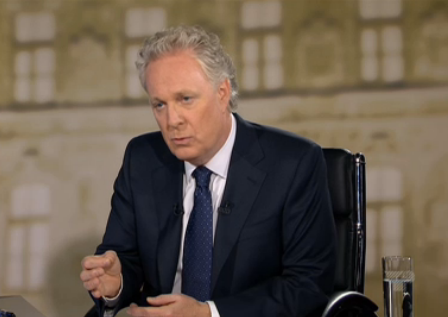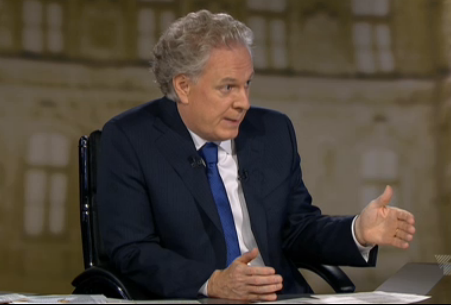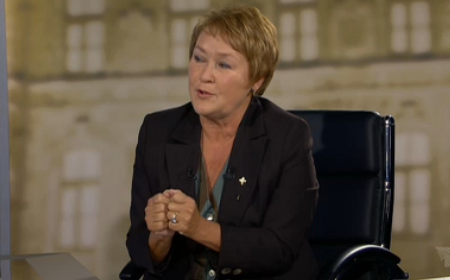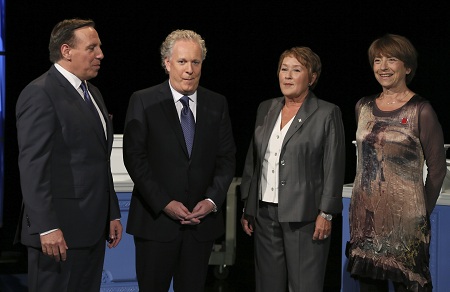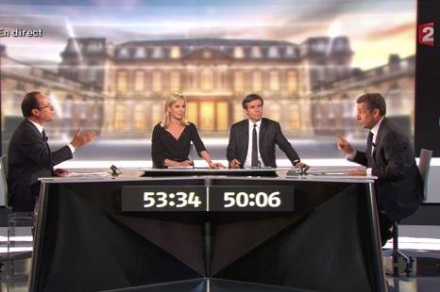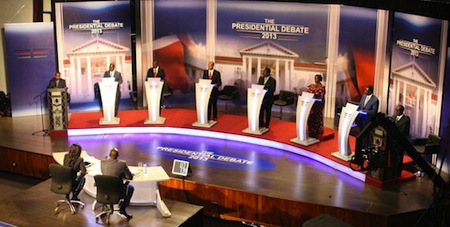
While we monitor Italian election results, Kenya is hosting its second and final presidential debate in advance of the March 4 general election. 
The debate, which will feature all eight candidates (despite a last-minute threat by Uhuru Kenyatta not to join the debate), is set to focus on land policy, the economy and foreign policy.
Kenyatta and his chief rival, prime minister Raila Odinga, currently lead polls, with the other six candidates far behind. Read my background on the Kenyan election here.
UPDATE: The debate is now over, and it was a fascinating three hours of debate. The tenacity of the moderators, especially by Uduak Amimo in the first half of the debate, was particularly noteworthy, especially as she went down the row of candidates, challenging each one specifically on allegations of personal corruption and scandal in their own careers. I’ve never quite seen anything like it, certainly not in a U.S. presidential debate.
That Kenya has hosted now, not one, but two, lengthy and robust presidential debates is a tribute to how far Kenyan democracy has come from the days of Daniel arap Moi. Indeed, every sign indicates that all of Kenya’s political leaders have a very keen and active interest in avoiding the kind of ethnic-based political violence that followed the 2007 presidential election. If Kenya manages to make it through the election to a peaceful transfer of power, it will certainly be quite an improvement for not just Kenya, but for east Africa regionally.
It’s also a tribute to the vitality of Kenyan democracy that Kenyans were able to force Kenyatta to join this second debate after he claimed he would not participate late last week. Although Kenyatta took plenty of heat during this debate over how much land he and his family own, there were no mentions, unlike in the first debate, of the International Criminal Court case against Kenyatta.
Ultimately, Kenyatta was viewed as having won the first debate against Odinga, and I think that he won today’s debate as well, so he was well served to show up after all, and I can understand why he’s done such a good job catching up with Odinga in the polls.
He’s a much more forceful debater and even when he’s on defense, his clarity and forceful manner stand quite in contrast to Odinga’s more defensive style. Odinga, for whatever reason, refused on several occasions to go on the offensive against Kenyatta, most notably by excusing his land ownership by arguing Kenyatta is merely an ‘inheritor’ of the ‘original sins’ of land inequality begat at Kenya’s independence.
Speaking of land, the lengthy segment on land reform demonstrated how difficult the issue is and how difficult adjudicating land disputes will be for Kenya’s next president, even as the work of the independent National Land Commission promulgated in 2012, will continue. Although the Commission gave the candidates an easy option to remain vague about land reform, it’s clear that no domestic issue will be more important in the next five years.
The race remains largely an Odinga-Kenyetta showdown, and polls show the race essentially tied between the two, with a runoff increasingly likely.
Among the other candidates, however, notably Mohammed Abduba Dida, Martha Karua, Peter Kenneth and James Ole Kiyiapi, it’s clear there’s a second tier of presidential aspirants who are well-informed and thoughtful on the issues of the day, who are willing to challenge both Odinga and Kenyatta, and who may well serve ably in the future in the governments of either an Odinga or Kenyatta presidency.
Continue reading Live-blogging: the final Kenyan presidential debate →

